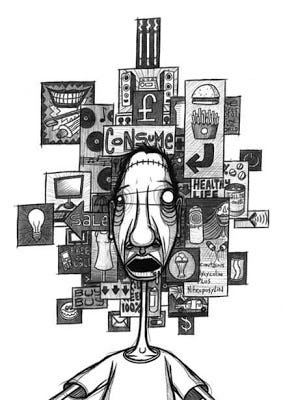Artificial Intelligence
Every living being, human or animal, performs basic bodily activities. They all eat, sleep, mate and engage in protecting their life situation. Of course, the intelligence of man has allowed our civilized society to pursue these four fundamental activities in a more refined manner. Animals eat and sleep quite modestly, whereas man has created luxurious facilities to relish such activities. Animals may engage in the sexual act in an unmannerly way, whereas humans have developed innumerable social subtleties which surround their union. Animals may use their claws and teeth to defend their homes, whereas man has created weapons of destruction and innovations like insurance policies.
However, we can’t ignore the problems. In today’s world, people have to take drugs to cure insomnia and sleeping troubles. Eating disorders like anorexia and bulimia are widespread, sexually transmitted diseases and promiscuity-related social problems are well documented, and threats of terrorism, political instability and natural disaster thwart our sense of security. For all the intelligence we have applied to making life more pleasurable through these basic activities, it actually looks like we have created more problems and complexity!
Desires to derive pleasure from artificial sources create artificial problems. We try to solve such problems with artificial solutions, which ultimately seem to escalate the problems. To improve our standard of living and sense of comfort is not a sinful desire. However, it may be considered wasteful to engage all our time and intelligence in developing temporary arrangements to improve activities that even animals perform. According to Bhagavad-gita our intelligence is meant for finding fulfilment and happiness from activities which transcend these basic demands.


